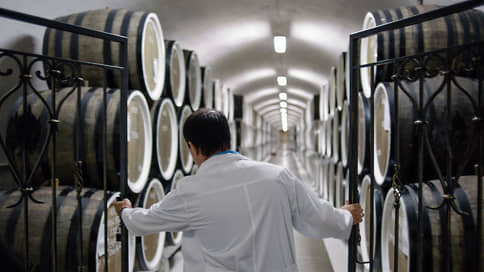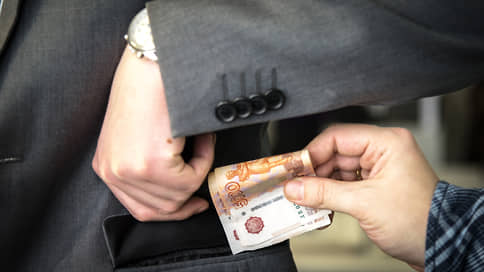Abrau-Durso will begin to supply wine for China Eastern Airlines

The Abrau-Durso wine company family Boris Titov will begin deliveries for the China Eastern Airlines onboard menu. For Russian producers of wines, this is the first experience of shipment of their products to a foreign carrier. The airline could agree to such cooperation, given the growth of tourist flow to China from Russia.
The Abrau-Durso, owned by Boris Titov, will begin the supply of red quiet wine for the China Eastern Airlines, they told Kommersant in the company. Products will be presented on board international and domestic flights in the summer of 2025, the company said. According to the president of Abrau-Durso, Pavel Titov, the first batch will be 36 thousand bottles. At the Moscow representative office of China Eastern Airlines, Kommersant was redirected to the company’s headquarters in Shanghai, where they did not respond promptly.
For comparison: in 2024, “Abrau-Durso” shipped “Aeroflot” of 30 thousand bottles of her sparkling wine, said Mr. Titov. The group of starting the wine of the Russian airline for business class in 2022 instead of the French champagne Piper-HEADSIECK BRUT.
GC « Abrau-Durso » It produces quiet and sparkling wines, owns vineyards with a total area of 4.1 thousand hectares. According to their own data, in 2024, the total volume of sales of the group amounted to 66.86 million bottles, which is 18% more than a year by the year. In 2024, as follows from the company’s reports, its revenue increased by 26%, to 15.79 billion rubles, net profit – by 43%, to 1.83 billion rubles.
China Eastern Airlines – The large airline of China, which at the beginning of June 2025 operated 662 aircraft. The main flight routes are Asia, North America and Australia. The last time the financial indicators were released for 2023: then his revenue amounted to 113.74 billion yuan (about $ 15.73 billion at the current rate), net loss – 8.22 billion yuan, or $ 1.137 billion.
The choice of precisely a quiet red wine for China Eastern Airlines is due to the fact that in China the playful are practically not consumed, explains the head of Wineretail Alexander Stavtsev. According to his estimates, in the Chinese wine market, imports account for more than 51% – it is mainly the fault from the countries of the New World. The vice-president of the Russian Union of Trade Dmitry Dmitry Gorin notes that the Chinese aircraft market is very important for travelers from the Russian Federation, including transit hub. At the same time, according to Mr. Gorin, the flow of Chinese tourists takes about 50% of all arrivals in the Russian Federation.
“In our memory there are no examples of purchasing Russian wines with international carriers,” said Roman Gusarov, editor -in -chief of the Avia.ru portal. The use of local wines on flights to Russia is a much more effective solution for Chinese carriers in terms of economics and logistics than their purchase in the EU, he says. If regular supplies of wines from Abrau-Durso are supposed to be paid for this, says Elena Perepelitsa, CEO of the Restcon consulting company.
According to Alexander Stavtsev, China for a long time was considered a potential market for Russian wineries.
Only from 2000 to 2016, the sales of wine in the PRC grew ten times, and in 2017, this country accounted for 7% of the entire world wine market, the expert adds. Nevertheless, according to him, now the sales of such products in China are stagnant, since local consumers began to massively switch to drinks traditional for the country – byju and beer. In many ways, this happened due to the restrictions that existed in the pandemic and the introduction of the embargo to the Australian wines popular in the country, the expert explains. According to him, about 600 million liters of wine are consumed annually in China, while in Russia – more than 800 million liters.
Among the main difficulties of the supply of wines from the Russian Federation to the PRC, Alexander Stavtsev identifies expensive logistics: to carry products on the ground is more expensive than by sea. The Fanagoria notes that the Chinese market is interesting to Russian manufacturers, but it is difficult to work on it because of high competition. The company expects the demand for wine in China will grow, but at a slow pace. Over the past few years, Fanagoria exports to China has been growing by 5-10% per year, up to about 800 thousand bottles.








